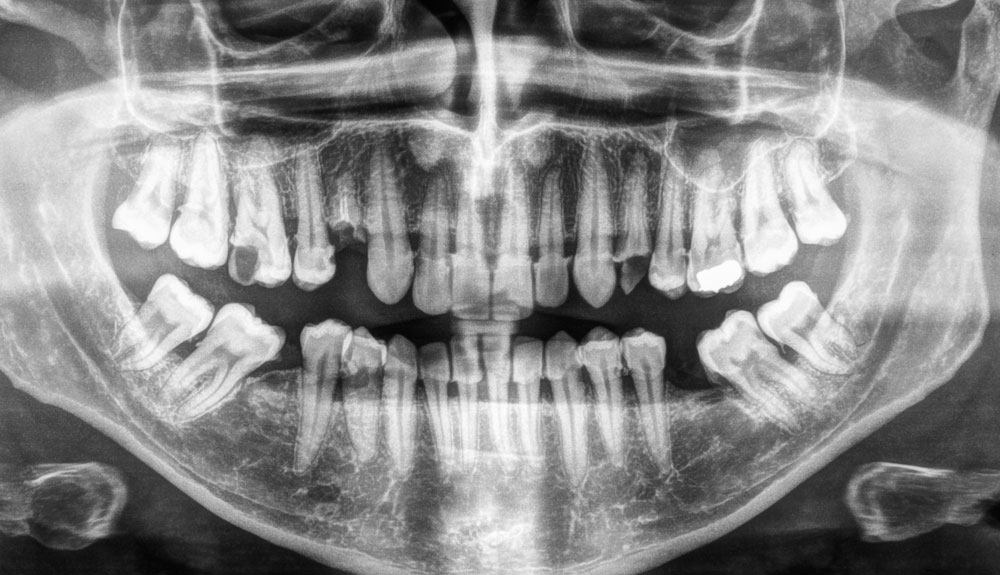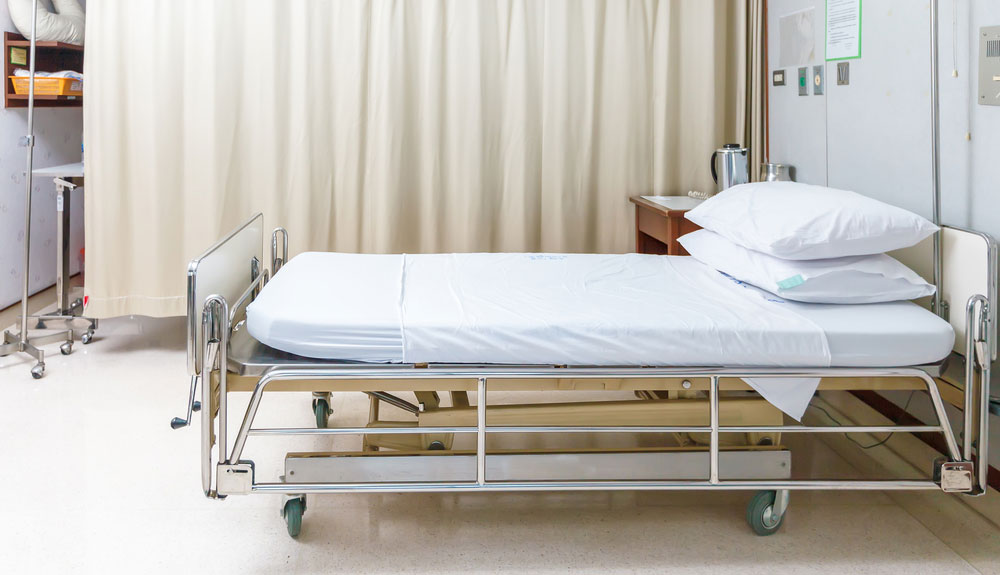Making a claim for nerve injury due to medical negligence.
Nerve injuries can be debilitating, causing extreme pain and numbness. Affected individuals may experience burning, tingling, shooting pain, pins and needles, or a sensation of hot or cold in the injured area. The physical effects can impact the ability to walk, work, and participate in sports. In severe cases, a nerve damage can even lead to partial or total paralysis.
In the context of medical negligence law, injury can be caused by direct damage to the nerve during surgery, misdiagnosis, inappropriate medication prescriptions, delays in relieving pressure on the nerves during medical treatment, or infections that are not appropriately treated.
It’s important to note that nerve injuries can occur without any negligence occurring, such as rare complications from epidurals or spinal anaesthetics. In such instances, the patient would need to prove that the injury was preventable and that there was a breach of medical duty, rather than the nerve damage being an unavoidable risk inherent in the medical procedure.
Given the increased risk of nerve damage, surgeons must clearly explain those risks to patients prior to performing any surgery. They must also exercise due care and skill to avoid causing injury.
The NHS acknowledges that some surgical procedures can cause nerve issues and provides the example of patients who undergo lumbar decompression surgery. This, it says, can result the a patient developing new numbness or weakness in one or both legs as a result of the operation. Paralysis, while an uncommon complication, can also occur as a result of lumbar decompression surgery, and is a risk factor that should be brought to the patient’s attention prior to the surgery being carried out.
Some nerve injuries require surgical intervention, such as nerve grafting, nerve transplantation, or surgical decompression. If pressure on a nerve in the spine is not addressed quickly and treated appropriately, it can result in serious medical conditions, such as cauda equina syndrome.
To successfully bring a medical negligence claim, patients must prove the following elements:
- Breach of Duty: To establish negligence, there must have been a breach of the duty of care owed to you as a patient. This means demonstrating that the medical professionals failed to meet the standard of care that can be reasonably expected.
- Causation: It is also necessary to demonstrate that the breach caused, or significantly contributed to the nerve injury suffered. This is typically established through expert medical evidence.
If your medical negligence claim is successful, you can recover damages, also known as compensation. In addition to being compensated for your injuries and any lost earnings, you will also be entitled to recover your medical expenses, including the cost of medication, physiotherapy, occupational therapy, psychological therapies, speech and language therapy, surgery, hydrotherapy, gym memberships, alternative medicine, and fertility or sexual therapy.
If you would like to know if you can claim compensation for nerve injury due to medical negligence, please contact our friendly team of expert lawyers for an informal, confidential, and obligation-free consultation at no charge.
Call us on 0333 888 0412 or send our specialist lawyers an email.



















